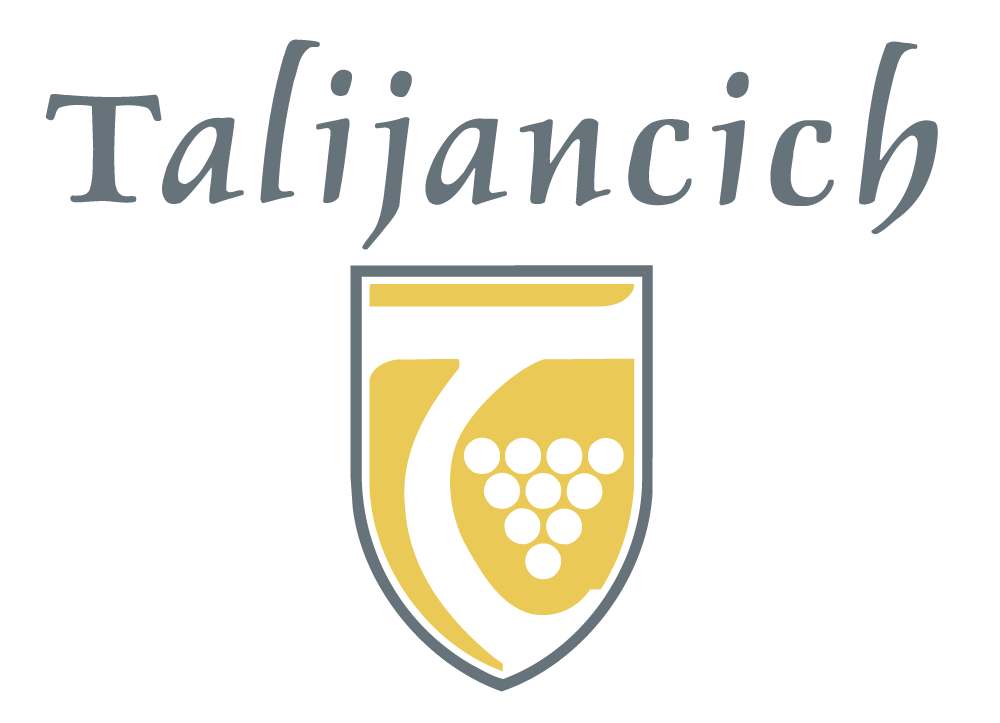You may have noticed that the new trend in winemaking in the last 12 months is ‘natural wines’. This is a term for wines that are made with a minimum of mechanical intervention and chemicals, usually grown either organically or biodynamically. So lets take a look at some of these processes and see how we compare…
Our vineyard is fully biodynamic- which means not using systemic sprays, creating and maintaining healthy soil through the cultivation of microbes in the soil and composting and ploughing of green manures back into the soil. Organic and biodynamic viticulture is very similar, but the theory behind biodynamics is to take into account the vineyard as a whole ecosystem.
Picking - Just like natural wines, our grapes are all hand-picked. This allows for careful control in the style of wine that will be made. Some grapes are picked early, and others are left on the vine for picking when they are sweeter. Hand picking allows for absolute control of the quality of the fruit and how it will be used. Most small vineyards hand-pick.
Crushing- Natural wines usually try to avoid the use of machinery for crushing- and for a small vineyard or a smaller vintage this makes sense. Not having to purchase expensive machinery and its upkeep, as well as being space saving. We do frequently foot crush, as it gives a more complex wine and it is very difficult to overwork the fruit. However, the current modern bag presses are able to crush as gently as required and we can crush in batches and blend for consistency.
Crushing Shiraz grapes. Our PT Reserve Shiraz is crushed in three stages for a more complex flavour.
Sulphur- Natural wines frequently make the claim that they add no sulphur. While this may be true, a better claim is that they are low sulphur. Sulphurs are a natural by-product of the fermentation process. White wines naturally contain higher levels of sulphurs than red ones. SO2 dissipates very quickly and reduces even further as the wines age. Natural wines that claim to be preservative free may still be using SO2 during bottling- the alternative to this is CO2. These gases are used to push the last of the wine from the tanks through the pipes into the bottling line (unless bottling by hand–which we do for all the fortified wines!). When opening a young white wine, allow it to breathe for an hour before serving as this allows the SO2 to dissipate.
Regulation-Natural wine does not necessarily mean that the vineyard has been treated in an organic or biodynamic manner, and are free to use chemicals at all stages until the making of the wine. There are currently no regulations that insist that a natural wine come from an organically treated vineyard. Most are, but there is no certification or governing body yet. In Australia certification as a biodynamic producer can be attained through the Bio-Dynamic Research Institute.
Yeast- Natural wines add no foreign yeasts. While we mostly rely on wild yeast, these same wild yeasts can also be purchased and added to assist fermentation. Natural wines may still also be adding these same dried cultured yeasts.
Filtration- Natural wine can still be filtered or fined, or it can be left cloudy- which is most common and the cloudiness is generally associated with natural wines. By allowing sediment to settle and gently rack the wine off we can ensure a cleaner wine without the sediment or cloudiness. Cloudiness in white wine is not ideal as it leads to a less ‘clean’ tasting wine. Our wines are not fined, but are filtered in most cases. Our filtration involves pushing the wine through a compressed paper membrane- which is a biodynamically approved practice. White wines don't usually age as long if unfiltered as there is more potential for bacteria to remain within the wine and remaining yeasts can send the wine into secondary fermentation- not ideal unless making a méthode champenoise!
Unfiltered Verdelho straight from the tank. This will be allowed to settle before being racked.
Fining- Fining agents are used by many large scale wineries to make a wine more palatable to drink now rather than age the wine. These agents are used to remove many of the impurities and suspended solids, but to also reduce the tannins or the astringency of a wine- however this does remove some of the aroma and flavours. A little time in the cellar will allow the tannins and any bitterness to settle naturally and retain a more flavoursome wine long term. Some fining agents are of fish, crustacean, egg or dairy origin- which are all known allergens in some people and are not suitable for vegans. A good wine does not need to be fined- we completely agree with the natural winemakers here!
It’s important that the wine-drinking public is aware that soils, vine, fruit and wine are all living things. This is not a technique or a philosophy unique to natural wine. In most cases it’s the vineyard where the most important processes occur. It’s the winemaker and the winemaking process that should be the least amount of interference- and this should be applied to any premium wine.
We will follow with interest this new winemaking style, but we can already observe that there are many wineries that are already using these practices without the label of ‘natural’. Making natural, organic and biodynamic wines more widely available can only be a good thing– but consumers need the knowledge to be able to decide for themselves what they are drinking and not be mislead by jargon or fads.


